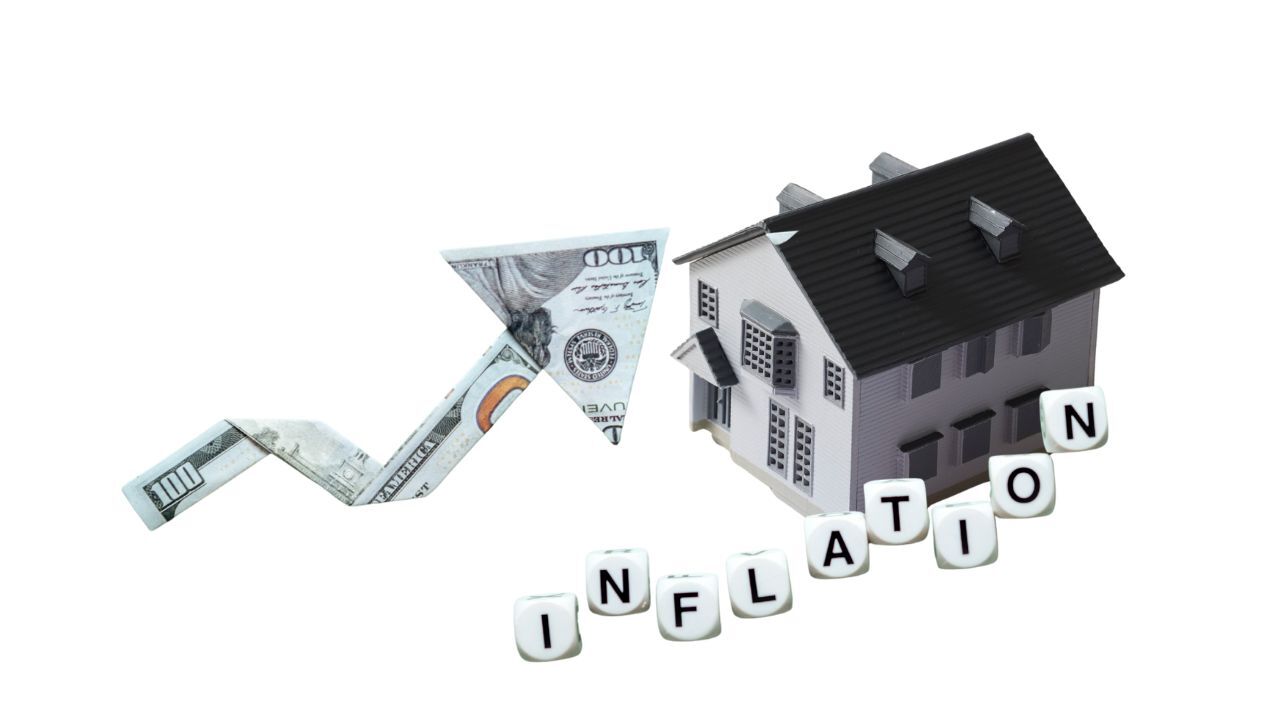 Home appraisals are a crucial step in the home buying process. It determines the property’s fair market value and helps lenders decide how much money to loan for the purchase. Ideally, the appraisal matches or exceeds the agreed-upon purchase price. However, when the appraisal comes in lower than expected, it can cause stress for both buyers and sellers. Knowing how to handle this situation calmly and strategically is key to keeping the deal on track.
Home appraisals are a crucial step in the home buying process. It determines the property’s fair market value and helps lenders decide how much money to loan for the purchase. Ideally, the appraisal matches or exceeds the agreed-upon purchase price. However, when the appraisal comes in lower than expected, it can cause stress for both buyers and sellers. Knowing how to handle this situation calmly and strategically is key to keeping the deal on track.
Why Appraisals Come in Low
A low appraisal can happen for several reasons. Sometimes, the market moves faster than the data appraisers use, especially in competitive areas where prices are rising quickly. In other cases, the appraiser may find fewer comparable sales or rely on outdated listings. Property condition, location, and recent renovations can also influence the final number. Understanding why the appraisal came in low helps you plan your next step.
Review the Appraisal Report Carefully
The first step is to request a copy of the appraisal report. Review it closely with your real estate agent to check for errors or missing details. If comparable homes were overlooked, or if certain upgrades were not considered, your agent may be able to provide additional data to support a higher value. In some cases, it is possible to request a reconsideration of value from the lender with updated evidence.
Renegotiate the Purchase Price
If the appraisal is significantly lower than the agreed price, buyers and sellers can renegotiate to bridge the gap. The seller may agree to lower the price to match the appraised value, or both parties may compromise by meeting somewhere in the middle. Sellers often prefer adjusting the price to keep the deal moving rather than risk starting over with new buyers.
Increase the Down Payment or Loan Amount
When a seller cannot reduce the price, the buyer can choose to cover the difference with additional funds. For example, if the appraisal is ten thousand dollars lower than the purchase price, the buyer can add that amount to their down payment. Some lenders also allow slight adjustments to the loan structure, though this depends on financial qualifications and loan type.
Explore an Appraisal Gap Clause
In competitive markets, some buyers include an appraisal gap clause in their offer. This means they agree in advance to pay a specific amount over the appraised value if needed. While this requires careful budgeting, it shows sellers that the buyer is serious and helps prevent deal delays when values fluctuate.
A low appraisal does not have to derail your home purchase. With clear communication, flexibility, and support from your real estate agent, you can often find a fair solution. Whether that means renegotiating, challenging the appraisal, or adjusting your finances, staying proactive ensures the deal remains on track and your goals stay within reach.
 A home inspection is one of the most important steps in the home buying process. It gives buyers a clear picture of the property’s condition and can uncover issues that are not visible during a showing. From roofing problems to electrical concerns, an inspection helps ensure you know exactly what you are purchasing. However, once the report arrives, the next step, and negotiating repairs, can feel overwhelming.
A home inspection is one of the most important steps in the home buying process. It gives buyers a clear picture of the property’s condition and can uncover issues that are not visible during a showing. From roofing problems to electrical concerns, an inspection helps ensure you know exactly what you are purchasing. However, once the report arrives, the next step, and negotiating repairs, can feel overwhelming. Buying a home is an emotional and financial journey, and most buyers expect the process to move smoothly once an offer is accepted. However, there are times when a seller decides to back out of the deal. This situation can be stressful, especially for buyers who have already started preparing for closing. Understanding your rights and the possible outcomes can help you respond calmly and confidently.
Buying a home is an emotional and financial journey, and most buyers expect the process to move smoothly once an offer is accepted. However, there are times when a seller decides to back out of the deal. This situation can be stressful, especially for buyers who have already started preparing for closing. Understanding your rights and the possible outcomes can help you respond calmly and confidently. Choosing the right type of home is one of the most important decisions a buyer can make. Condos, townhouses, and single-family homes each offer unique benefits and challenges. The best choice depends on your lifestyle, budget, and long-term goals. Understanding what sets them apart can help you make a confident and informed decision.
Choosing the right type of home is one of the most important decisions a buyer can make. Condos, townhouses, and single-family homes each offer unique benefits and challenges. The best choice depends on your lifestyle, budget, and long-term goals. Understanding what sets them apart can help you make a confident and informed decision. Inflation affects nearly every part of the economy, from grocery prices to the cost of borrowing. For homeowners and buyers, understanding how inflation impacts mortgage rates and payments can be a powerful advantage. While rising prices can feel discouraging, there are strategic ways borrowers can benefit during inflationary periods.
Inflation affects nearly every part of the economy, from grocery prices to the cost of borrowing. For homeowners and buyers, understanding how inflation impacts mortgage rates and payments can be a powerful advantage. While rising prices can feel discouraging, there are strategic ways borrowers can benefit during inflationary periods.